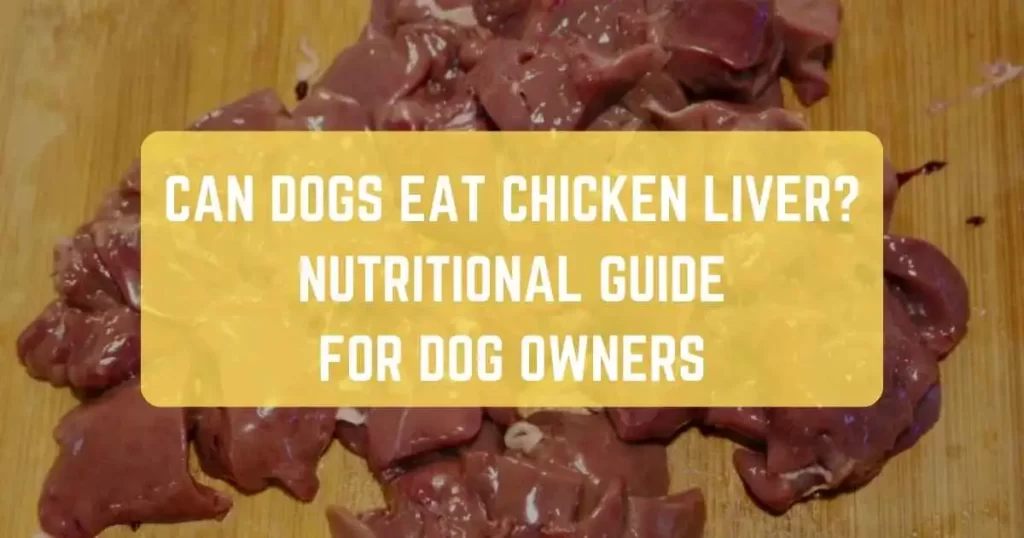
Are you wondering if your furry companion can indulge in the creamy goodness of mozzarella cheese? The answer is yes but with a few important considerations. Dogs and cheese can be a delightful combination, but it’s crucial to understand the potential risks and guidelines to ensure their safety and well-being.
Let’s delve into the world of dogs and mozzarella cheese to satisfy your curiosity and ensure that you make informed decisions when it comes to treating your four-legged friend.
Can Dogs Eat Mozzarella Cheese?
Yes, dogs can eat mozzarella cheese. It is generally considered safe for dogs in moderation, as it contains lower levels of lactose compared to other dairy products. However, it’s important to ensure that your dog does not have any lactose intolerance or allergies to cheese.
Additionally, avoid feeding your dog cheese sticks or high-fat cheeses, as they can pose potential risks such as weight gain or digestive issues. Always introduce new foods gradually and observe your dog for any adverse reactions.
Is Mozzarella Cheese Safe for Dogs?
Mozzarella cheese is generally safe for dogs to consume in moderation. It is a mild and soft cheese that contains lower levels of lactose compared to other dairy products. Lactose, a sugar found in milk, can be difficult for some dogs to digest, leading to digestive discomfort.
However, mozzarella cheese contains reduced lactose content, making it more tolerable for many dogs. If your dog doesn’t show any signs of lactose intolerance, a small amount of mozzarella cheese can be a delightful treat.
Can Dogs Eat Cheese Sticks?
While mozzarella cheese itself is considered safe for dogs, it’s essential to exercise caution when it comes to cheese sticks. Cheese sticks often come in different varieties, including mozzarella sticks.
These cheese sticks may contain additional ingredients like breadcrumbs, seasonings, or even deep-frying coatings, which can be potentially harmful to dogs. Some of these additives may be high in fat, sodium, or even toxic to dogs.
Therefore, it’s advisable to avoid feeding your dog cheese sticks unless you have carefully examined the ingredients and ensured they are safe for canine consumption.
Types of Cheese For Dogs
- Mozzarella Cheese: Mozzarella cheese is generally safe for dogs in moderation. It has a mild flavor and lower lactose content compared to other cheeses, making it easier for dogs to digest.
- Cottage Cheese: Cottage cheese is a popular choice for dogs due to its high protein content and low lactose levels. It can be a nutritious addition to their diet, but ensure it is plain and unsalted.
- Swiss Cheese: Swiss cheese is another option that dogs can enjoy in moderation. It is typically lower in fat and sodium compared to other varieties, making it a safer choice for canine consumption.
- Goat Cheese: Goat cheese is often well-tolerated by dogs with lactose intolerance. It has lower lactose levels and is easier for dogs to digest. However, always introduce it gradually to ensure your dog’s tolerance.
- Cream Cheese: Cream cheese can be given to dogs occasionally, but it should be plain and free from any added sugars or artificial ingredients. It’s important to watch for any signs of lactose intolerance or digestive issues.
Remember, regardless of the type of cheese you choose, moderation is key. Too much cheese can lead to weight gain and potential digestive problems. Always introduce new foods slowly and observe your dog’s reaction to ensure they tolerate the cheese well.
Potential Risks of Dogs Consuming Cheese
Although many dogs can tolerate and enjoy cheese, it’s crucial to be aware of the potential risks associated with their consumption. High-fat cheeses, such as cheddar or stilton, should be given sparingly to dogs. These cheeses can contribute to weight gain and pose a risk to dogs that are already overweight or obese.
Additionally, certain types of cheese, like blue cheese, contain mold, which may be harmful to dogs if ingested in large quantities. It’s important to avoid feeding your dog moldy cheeses to prevent any potential health issues.
Risk for Lactose Intolerant Dogs
Just like humans, some dogs may be lactose intolerant, meaning their bodies lack the enzyme required to digest lactose properly. If your dog experiences gastrointestinal distress, such as diarrhea or bloating, after consuming cheese or other dairy products, they might be lactose intolerant.
In such cases, it’s best to avoid feeding them mozzarella cheese or any dairy products containing lactose. Instead, consider alternative cheeses like cottage cheese or goat cheese, which have lower lactose content and are usually better tolerated by lactose-intolerant dogs.
Alternative To Cheeses for Dogs
If you’re unsure whether your dog can handle mozzarella cheese or if you’re simply looking for alternative cheese options, there are several canine-friendly alternatives to consider.
Cottage cheese, for example, is a low-fat and protein-rich cheese that many dogs can enjoy. It can be a healthy and tasty addition to your dog’s diet.
Swiss cheese is another option that is generally safe for dogs to eat in moderation.
Remember, it’s always important to introduce new foods gradually and observe your dog’s reaction to ensure they tolerate the cheese well.
Guidelines for Safely Feeding Cheese to Dogs
When feeding your dog cheese, it’s crucial to follow some guidelines to ensure their safety and well-being. First and foremost, moderation is key. Cheese should be given as an occasional treat and not a regular part of your dog’s daily diet.
Portion control is essential to prevent overfeeding and weight gain. It’s also important to avoid giving your dog large amounts of cheese in one sitting, as this can lead to digestive upset.
Furthermore, observe your dog for any signs of allergies or sensitivities to cheese. Some dogs may exhibit symptoms such as itchiness, skin rashes, or gastrointestinal issues after consuming cheese. If you notice any adverse reactions, it’s best to discontinue feeding cheese and consult your veterinarian for further guidance.
Final Thoughts
Cheese can be a delightful treat for dogs, and mozzarella cheese, with its mild flavor and lower lactose content, can be a suitable option for many canine companions.
However, it’s crucial to remember that every dog is unique, and what may be safe for one dog might not be suitable for another. Always consider your dog’s individual needs, any existing health conditions, and consult with your veterinarian if you have any concerns or questions regarding feeding cheese to your furry friend.
With careful attention and moderation, you can safely enjoy sharing the occasional cheese indulgence with your beloved canine companion.









